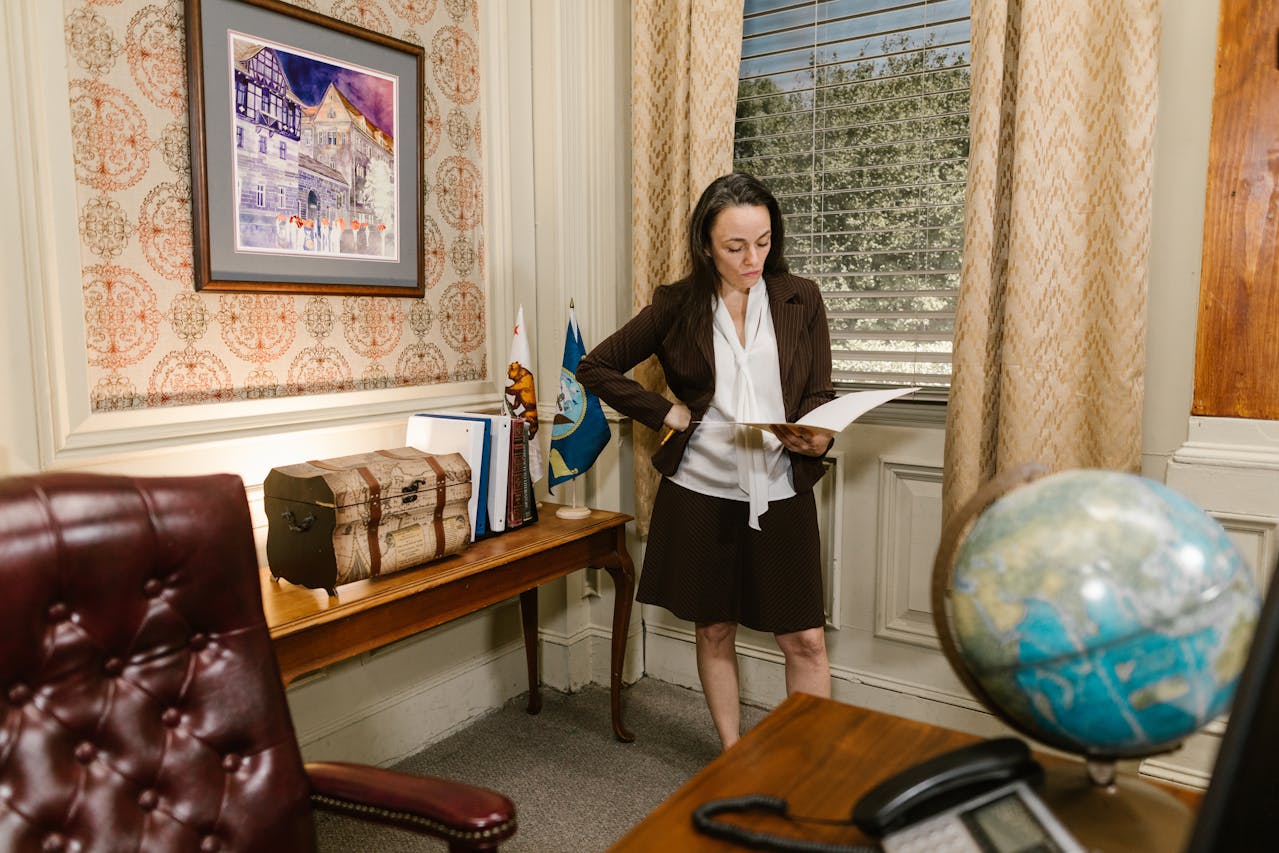When it comes to finding a peaceful resolution in divorce, neither collaborative divorce nor mediation will be the correct path for everyone. The approach that you choose to utilize will depend on the unique factors within your case, individual preferences, and your ability to access outstanding attorneys and mediators.
Points to Consider
It is important to understand the differences in your options. The primary feature of mediation is that a professional neutral party, the mediator, helps you negotiate terms with your partner, but has no authority themselves to decide the outcome of the case. Mediators are typically flexible and informal but they are a neutral and will not give you legal advice.
The primary feature of collaborative divorce is that both spouses will be represented by an attorney, who helps them to come to terms and sign a ‘no court’ agreement. The parties are still negotiating out of court but they are all working together to achieve a settlement. With collaborative divorce, spouses negotiate through four-way meetings, and attorneys may involve other professionals within the case. Similarly to mediators, collaborative divorce is informal, flexible, and efficient.
Factors that can Lead to Favoring Collaborative Divorce
Someone who feels as though they need the guidance and support of an attorney throughout their case may appreciate collaborative divorce. In some cases, your circumstances may include complex financial or legal issues that you don’t feel capable of negotiating yourself. In a collaborative divorce, two attorneys help to guide each step of the case, ensuring that you have a professional to confer with, whenever necessary.
Sometimes there are dynamics in a divorce where the parties do not get along. One spouse may feel that they are being taken advantage of or not being heard, you may feel strengthened by the structure a collaborative divorce can bring. Having a quality collaborative divorce attorney at your side can give you the confidence to voice what’s important to you.
Factors that can Lead to Favoring Mediation
Mediation can be more flexible than collaboration, as there only needs to be three participants present, the spouse, you, and the mediator. Mediation is also more flexible in the procedures that you will be expected to follow, meaning that you could have more input in how and when things happen during your case. With mediation, you work directly with the mediator in deciding the substance and process of your case. Some people regard mediation to be more efficient and inexpensive than collaboration.
The reason for this is that you do not have to co-ordinate the calendars of four different people or more, at least two of whom will be busy professionals. Getting everyone together for meetings during a collaborative dissolution can be a time-consuming endeavor, which may add to the cost of the overall process.
Furthermore, California provides laws that are dedicated to protecting the confidentiality of things that are said during mediation, however no such laws have been put into place when it comes to collaborative dissolution. Although you do share attorney-client confidentiality, the four way meetings you take part in will not be considered ‘confidential’ discussions.
Obviously, there are positives and negatives to both options, and you may benefit from discussing your choices with a legal professional before making any final decisions.
•• Minella Law Group Can Help••
It is important to hire an experienced collaborative divorce attorney such as Minella Law Group with knowledge and experience to successfully negotiate your divorce without involving the court. For more information or to schedule an appointment, click the button below, or call us at (619) 289-7948. We look forward to helping you!


